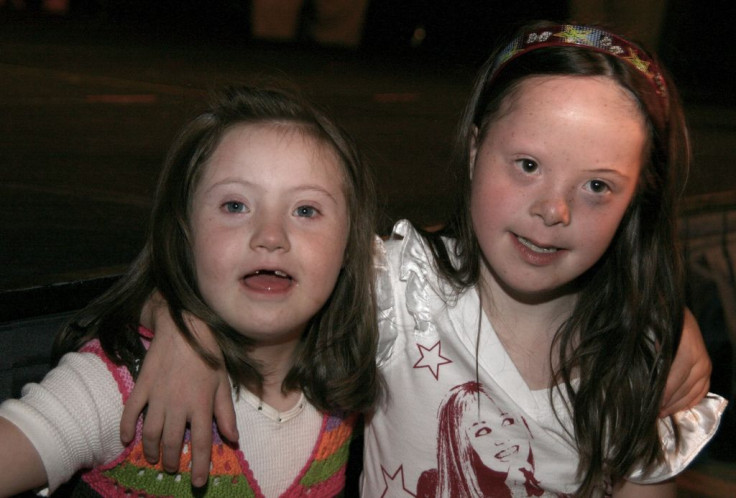Down Syndrome Research Gets Boost From NIH With New Patient-Integrated Web Portal

The National Institutes of Health has launched a new web portal that will allow doctors and researchers to access information from the Down syndrome registry known as DS-Connect. The new portal expands the capabilities of DS-Connect, a centralized website where people in the Down syndrome community can store their health information. This added dimension to the existing website is intended to help researchers within the field plan clinical studies, recruit participants, and generate new ideas.
“DS-Connect allows people to participate from all corners of the globe,” said Dr. George T. Capone, director of the Down Syndrome Clinic and Research Center at Kennedy Krieger Institute in Baltimore.
Down Syndrome 101
Down syndrome affects one in every 691 babies born in the United States, which translates to about 6,000 babies being born with Down syndrome each year. Currently, about 400,000 Americans have Down syndrome, which occurs when an individual has a full or partial extra copy of chromosome 21. This additional genetic material causes the characteristics associated with Down syndrome, which include an upward slant to the eyes, low muscle tone, small stature, and a single deep crease across the center of the palm.
While the risk of giving birth to a Down syndrome baby increases with a mother's age, 80 percent of children with Down syndrome are born to women under the age of 35. Additionally, about five percent of all cases have been traced to the father — in other words, the extra copy of the 21st chromosome can originate from either parent. As of yet, no scientific evidence links Down syndrome to either environmental factors or activities of the parents before or during pregnancy.
Fifteen years ago, an international team of scientists identified each of the genes on chromosome 21, about 329 in total. While this achievement certainly helped Down syndrome research to lift off, the launch of DS-Connect in September 2013 set the stage for accelerated exploration of the genetics underlying the condition.
The new registry, then, is an invaluable resource for science professionals, who can register to view information about participants’ health histories, including symptoms, diagnoses, and other medical issues. They also may perform customized searches of the data, propose new survey questions, or identify a pool of participants for a clinical trial, who will then be contacted if they have expressed an interest in clinical trials. DS-Connect was created with input from the Down Syndrome Consortium, which is an organization composed of professional and grass roots organizations concerned with Down syndrome, including the American Academy of Pediatrics.
Published by Medicaldaily.com



























